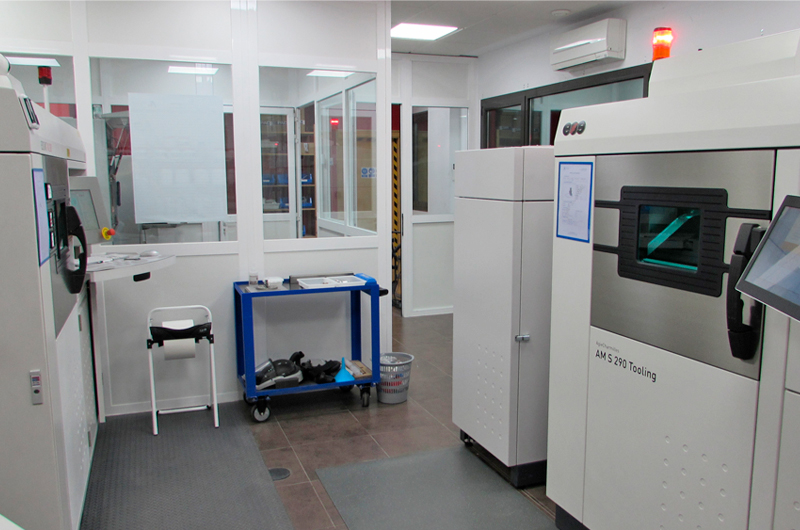
Ceramic engineering
Ceramic engineering Ceramic engineering is the science and technology of creating objects from inorganic, non-metallic materials. It involves the study of properties such as composition, structure, and processing of ceramic materials.
Ceramic engineering.
Is a specialized field within materials engineering, focusing on the creation, development, and utilization of ceramic materials. Ceramics are made from a combination of metal, non-metal, and metalloid elements, which are processed and shaped into functional objects with diverse applications.
The scope of ceramic engineering is wide, encompassing various aspects of materials science, physical metallurgy, chemical engineering, and even nanotechnology. This interdisciplinary nature requires ceramic engineers to have a deep understanding of both the fundamental and applied aspects of materials science.
One of the key responsibilities of a ceramic engineer is to thoroughly understand the structure and properties of various ceramic materials. This knowledge is crucial for determining the most appropriate applications for different types of ceramics, as well as for developing new ceramic materials with enhanced properties.
Also involves mastering the production and processing techniques used to create ceramic materials. This includes traditional methods like firing and sintering, as well as more advanced techniques that may involve sophisticated machinery and equipment. Ceramic engineers are often involved in designing and building this machinery, ensuring that it meets the specific requirements of ceramic processing.
Research in ceramic engineering is dynamic and ongoing, focusing on exploring and understanding the structure and properties of ceramics at a fundamental level. This research is critical for developing new processing methods and enhancing the performance of ceramic materials, making them more efficient, durable, and versatile.
Ceramic engineers play a pivotal role in several industries. In the electronics industry, they develop ceramics used in semiconductors, insulators, and substrates. The biomedical field benefits from ceramics in applications such as bone grafts, dental implants, and prosthetics. In the automotive and aerospace sectors, ceramics are used for their heat resistance and strength in components like engine parts and heat shields.
Overall, ceramic engineering is a multifaceted field that combines scientific principles with practical applications. It plays a crucial role in advancing technology and innovation across a wide range of industries, continually pushing the boundaries of what is possible with ceramic materials. The expertise of ceramic engineers in understanding, developing, and applying these materials is essential to numerous technological advancements and applications.




